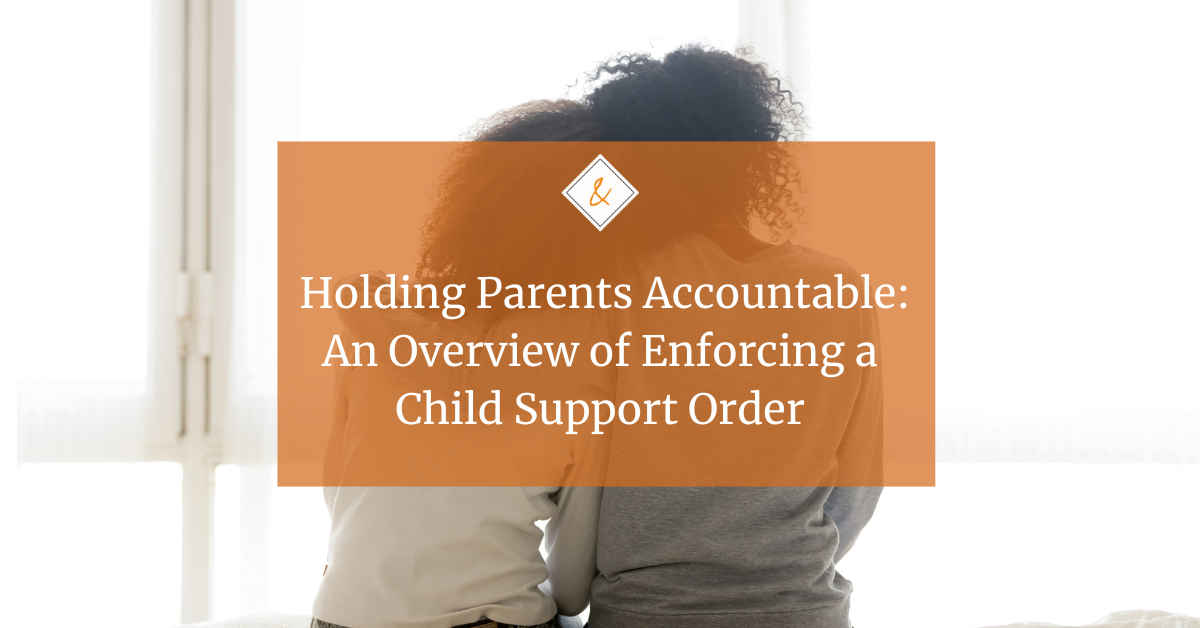One of the first questions I ask potential divorce clients in an initial consultation is when they separated from their spouse. A client’s date of separation is an important date for their divorce proceedings and it is not always easy to define.
Why is my Date of Separation Important?
The date of separation in a divorce matter is important for two reasons. First, it “starts the clock” in terms of the various waiting periods to get a divorce. Second, it is the date by which most assets and debts are valued when determining the marital estate subject to equitable distribution (other than passive increases or decreases in the value of marital assets).
How is my Date of Separation Defined?
The definition of separation under the Pennsylvania Divorce Code is nuanced and complicated.
The Divorce Code itself defines it as the “[c]essation of cohabitation, whether living in the same residence or not. In the event a complaint in divorce is filed and served, it shall be presumed that the parties commenced to live separate and apart not later than the date the complaint was served.” 23 Pa. C.S. § 3103. Cohabitation is defined by Pennsylvania case law as “the mutual assumption of those rights and duties attendant to the relationship of husband and wife.” Therefore, the “cessation of cohabitation” would logically be the absence of the assumption of the rights and duties attendant to the marriage relationship.
As explained by this Divorce Code’s definition, the clearest way to establish a date of separation is with the filing and serving of a Complaint in Divorce.
In the event a party believes separation preceded the filing of the Complaint in Divorce, Pennsylvania case law establishes many factors the Court can examine in order to determine whether an earlier date of separation occurred.
It is critical that a party’s intent to dissolve the marriage (to “separate”) be clearly expressed to the other party. The reason for this is to give the other party an opportunity to attempt to reconcile the marriage in furtherance of Pennsylvania’s public policy of trying to keep families intact.
The Court will analyze the following factors to determine whether such an intention has been clearly expressed:
- Whether one spouse has a romantic relationship outside the marriage that is public and well known;
- Whether there was a prior separation (and if so, the length of that prior separation and alleged reconciliation);
- Whether the parties are living in separate rooms or residences;
- Whether the parties continued to be financially intertwined during the alleged separation period;
- Whether the parties engaged in sexual relations during their separation period;
- Whether and how often the parties communicated;
- The date of service of the divorce complaint;
- Whether the parties appeared together socially;
- Whether the parties appeared to third parties to be married;
- Whether either party cooked, cleaned or did the laundry of the other; and
- Whether the parties engaged in marital counseling.
The case law in this state also indicates that even isolated attempts at reconciliation (such as a few counseling sessions) may not be a bar to establishing an earlier date of separation.
If you believe you and your spouse are separated or you are considering separating from your spouse, it is important you contact an experienced family law attorney.



